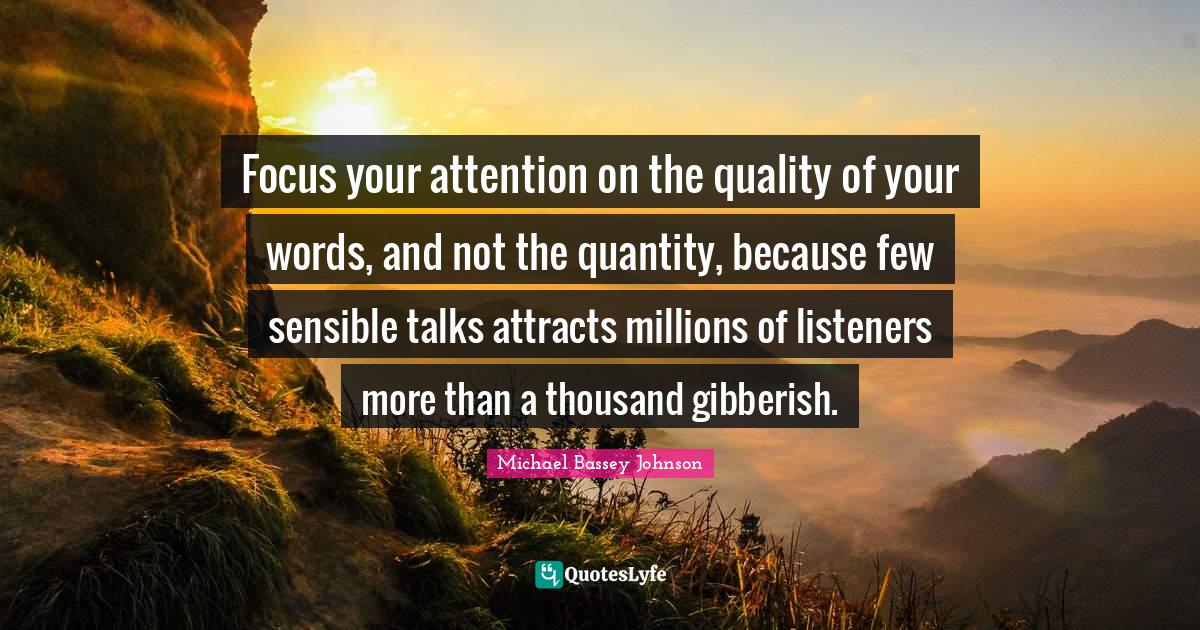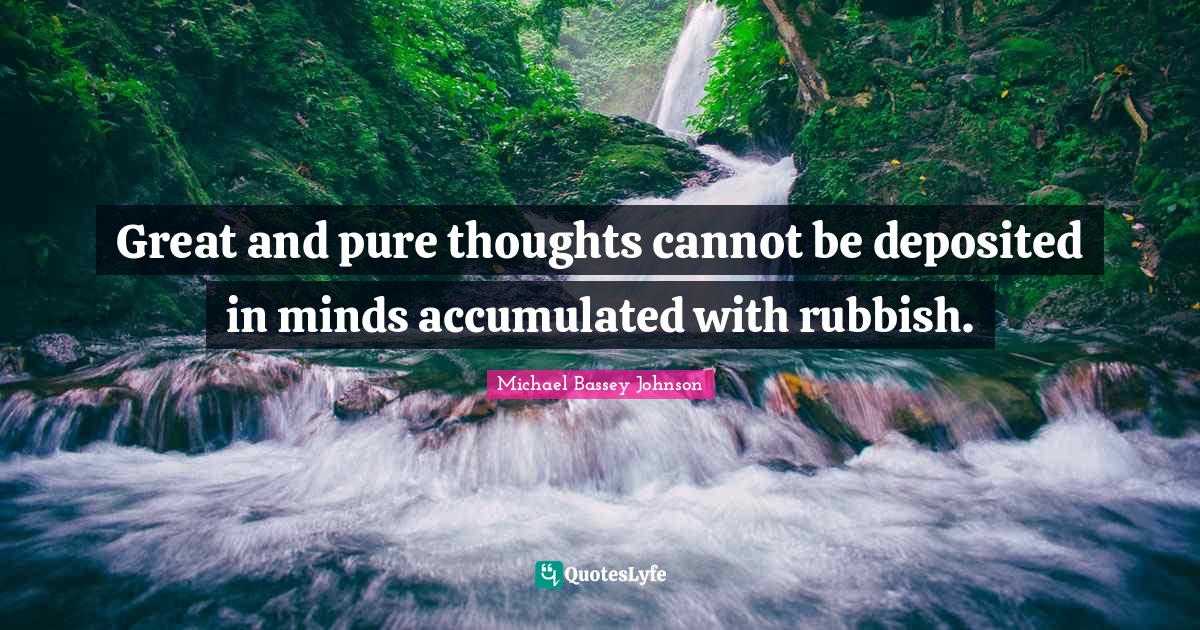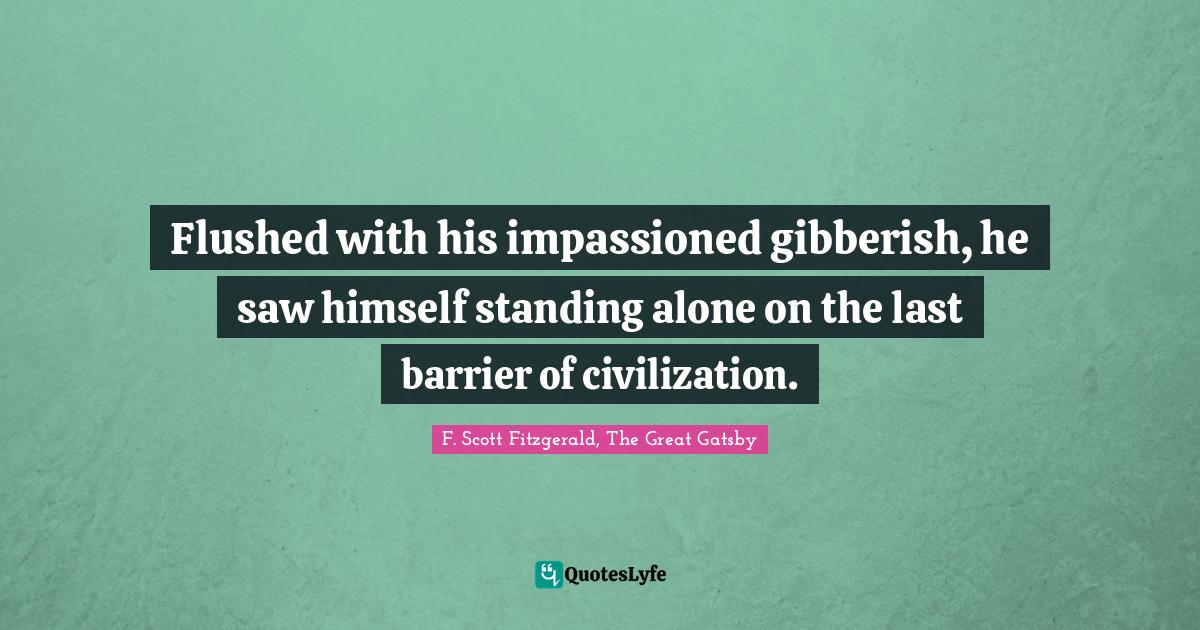Unveiling The Art Of Gibberish: Quotes & Insights
Can language truly be a vessel for both profound meaning and utter nonsense? The very nature of communication, the way we construct and deconstruct reality through words, is constantly challenged by the presence of "gibberish," a phenomenon that can be both bewildering and, at times, revealing.
We often find ourselves grappling with language's complexities, its capacity to both enlighten and obscure. The ability to speak, dream, and even love "in tongues," as some might say, highlights the multifaceted potential of human expression. Yet, this very capacity for eloquence also carries the seed of the unintelligible.
The following table provides a glimpse into the career and life of a prominent figure, Donald Trump, often associated with statements that have been labeled as "gibberish" or unconventional.
| Category | Details |
|---|---|
| Full Name | Donald John Trump |
| Born | June 14, 1946, Queens, New York City, New York, U.S. |
| Education |
|
| Political Party | Republican |
| Political Positions Held |
|
| Business Career Highlights |
|
| Notable Quotes/Statements Often Criticized | Statements perceived as rambling, incoherent, or factually incorrect during rallies, speeches, and interviews. Examples include instances where names are mispronounced or confused. |
| Controversies |
|
| Website for Further Information | Official White House Archives (for his presidency) |
Consider the quote, Keep all dreams alive but discreet, so that those with unhealthy tongues won't have any other option than to infest themselves with their own diseases. This statement, like many others, navigates the line between cryptic wisdom and potential ambiguity. It hints at the power of preserving one's inner world from the corrosive influence of negativity.
The presence of gibberish, however, is not confined to the realm of the nonsensical. We can find it in the humor of fictional characters like DoodleBob from "SpongeBob SquarePants," whose iconic lines like "Me Hoy Minoy" and "I'm ready, I'm ready" have become a part of popular culture. Similarly, Gabby Johnson from "Blazing Saddles" uses a unique form of speech that adds to the film's comedic brilliance.
The exploration of "gibberish" is often a journey into the subjective. The meaning we derive from words, phrases, and utterances can vary widely. What one person finds nonsensical, another might interpret as profound, or at least amusing. The context in which these words are delivereda political rally, a comedy sketch, or a work of poetryplays a vital role in how they are received.
On July 22, 2021, a quote attributed to U.S. President Joe Biden began circulating on social media. This event, like others before it, exemplifies how quickly seemingly disjointed statements can spread and be subject to different interpretations. It also speaks to the heightened scrutiny of public figures and the way their words are analyzed.
The ability to speak in tongues, to dream in tongues, to love in tongues these concepts offer a glimpse into the mystical and deeply personal aspects of human experience. However, when these tongues become indecipherable, the very foundation of communication, meaning, and understanding begins to shift.
The use of "gibberish" can be deliberate, as in the case of creative writing exercises. You can generate random gibberish words and phrases with online generators, customize the style and randomness effortlessly, and even utilize creative tips for crafting fun phrases. These exercises serve to break down conventional language patterns, and they demonstrate the potential for language to be a playful tool.
It is crucial to focus on the quality of our words rather than the quantity. A few well-chosen phrases can have a more significant impact than a flood of disorganized speech. This idea is relevant to political discourse and general communication. In a world filled with information, the ability to cut through the noise and communicate clearly becomes more valuable.
During a rally in Pennsylvania on October 19, Donald Trump made a statement about the late golf legend Arnold Palmer, that was perceived by many as disjointed. This example highlights a recurring theme: the way public figures use language is constantly being examined.
The media and social media have always been on the lookout for gaffes or any kind of unusual behavior from people in the public eye. In July 2024, a video of Vice President Kamala Harris appeared on social media. This incident is a clear example of how rapidly such clips can go viral and be subject to extensive analysis and commentary.
The world of politics provides many instances where the line between clarity and confusion is blurred. The political landscape is filled with quotes and potential blunders that can significantly impact campaigns. Public figures are frequently exposed to scrutiny, and their words are carefully evaluated by both their supporters and their opponents.
There is a wealth of quotes out there, ranging from the profound to the plainly absurd. They reveal our multifaceted relationship with language and its potential to convey meaning, to create comedy, and sometimes, to simply confuse.
The history of gibberish in the public sphere is extensive. It is evident in the words of influential figures from Winston Churchill to those on the silver screen. The exploration of gibberish is an ongoing journey, and it is a reminder that there's always something new to be learned.


